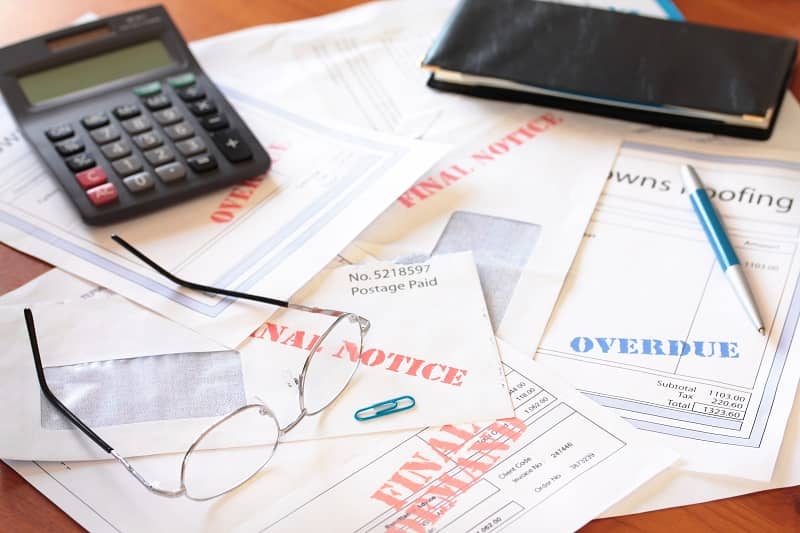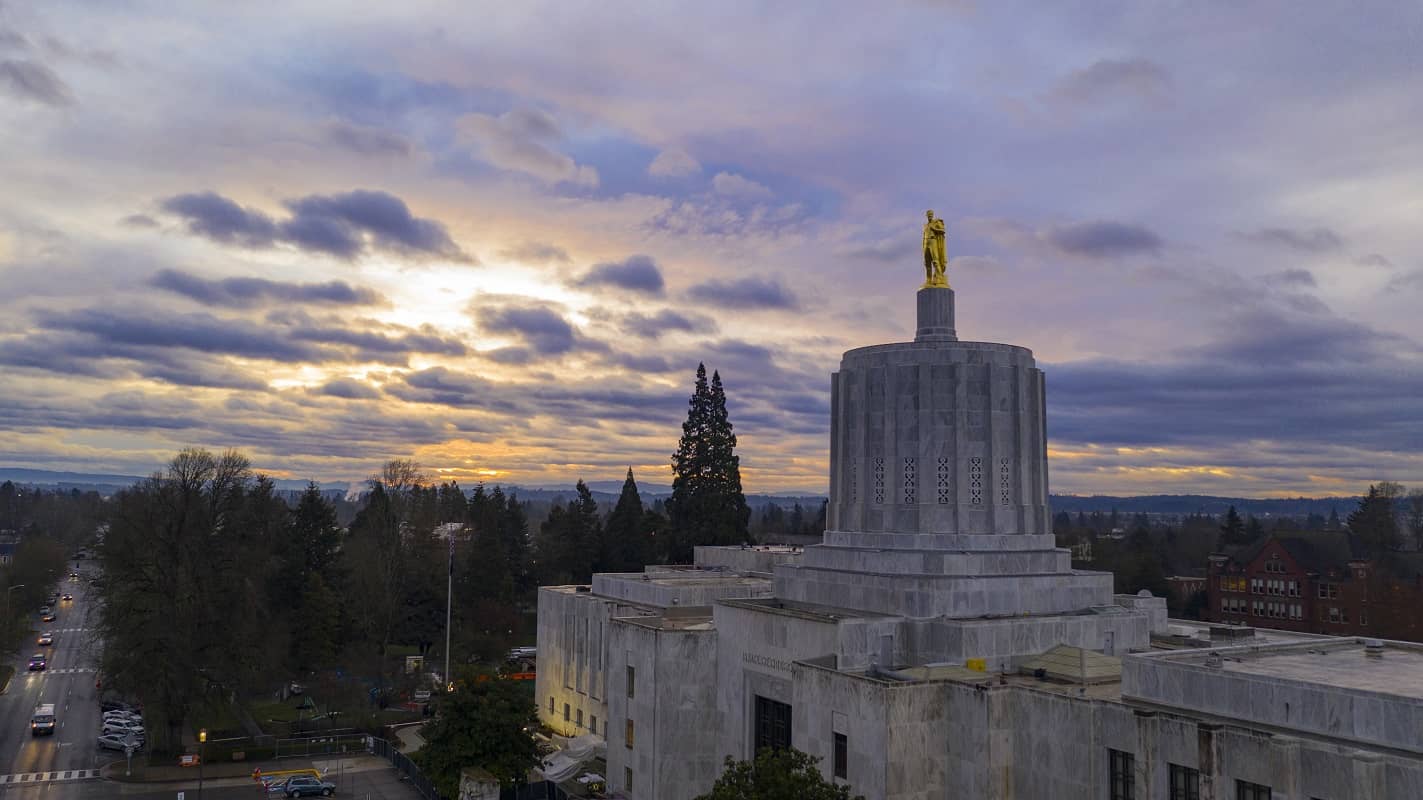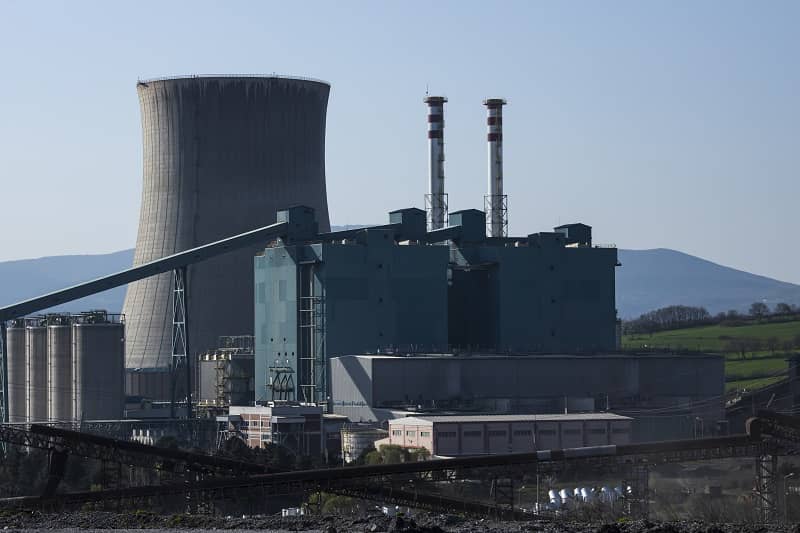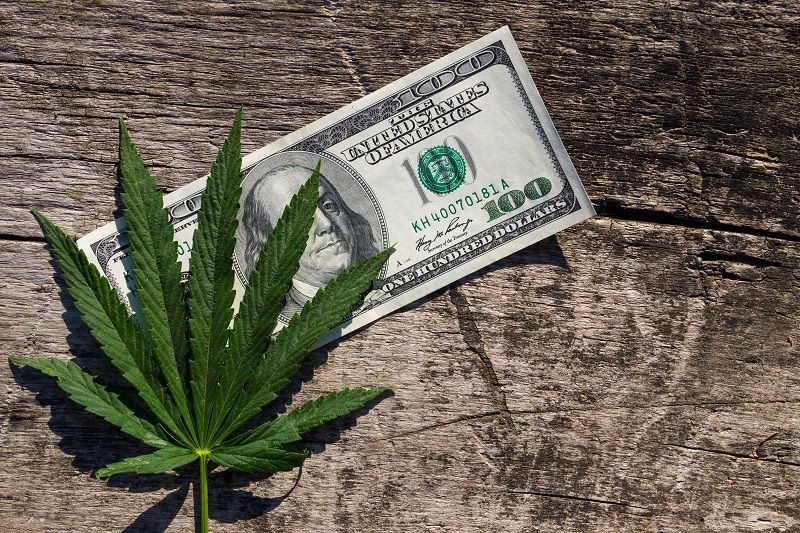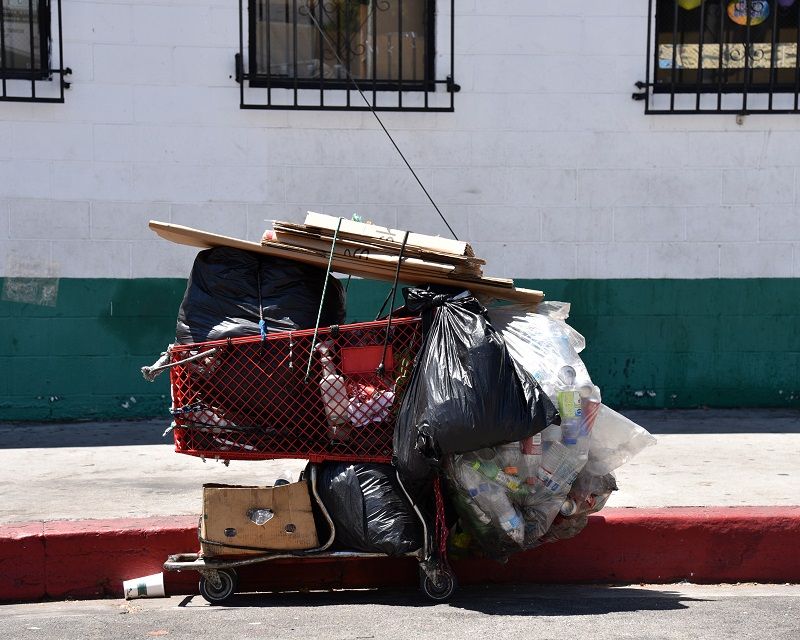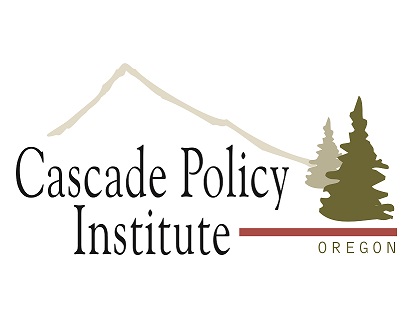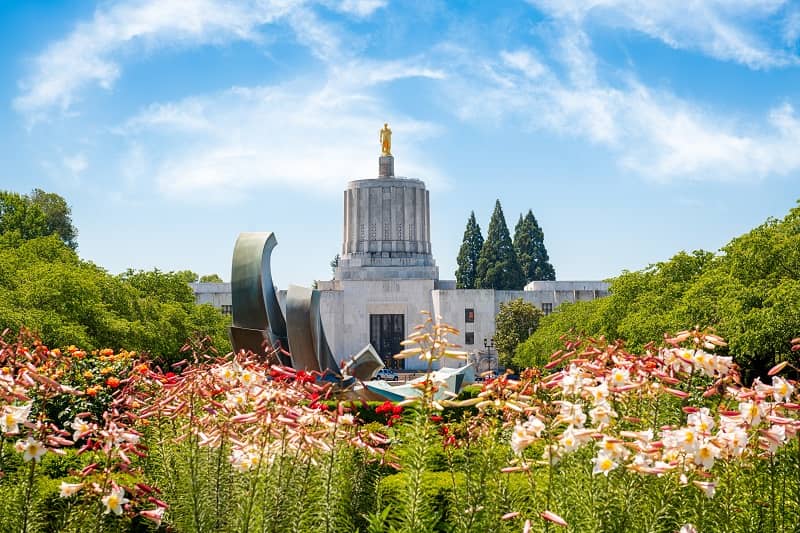By William Newell
Our world is freer today than ever before. More people are free from war, poverty, and crime; and they are also more free to start a business, find a job, and join the middle class. Despite the recent recession, the world’s economy has grown 70 percent over the last 20 years (from $32 trillion to $54 trillion), in large part because of the expansion of markets into developing nations. Fortunately for more and more people, their governments are liberalizing markets and allowing competition, rather than enacting Soviet-style “five-year plans.”
But what about the champion of free enterprise, the United States; how are we doing in terms of economic freedom? Sadly, the former bastion of free markets is regressing in terms of economic freedom relative to other nations. According to the 2104 Index of Economic Freedom, released by the Heritage Foundation and the Wall Street Journal, the U.S. has fallen out of the top ten most economically free nations.
Many problems with the U.S. economy are mirrored at the local level. States have regressed economically, including Oregon, which had one of the largest reductions in economic freedom of any state over the last two years. If the U.S. and Oregon want to continue generating economic success, we need to remember what got us there in the first place: a free economy and a free society.
William Newell is a research associate at Cascade Policy Institute, Oregon’s free market public policy research organization. He is a graduate of Willamette University.
